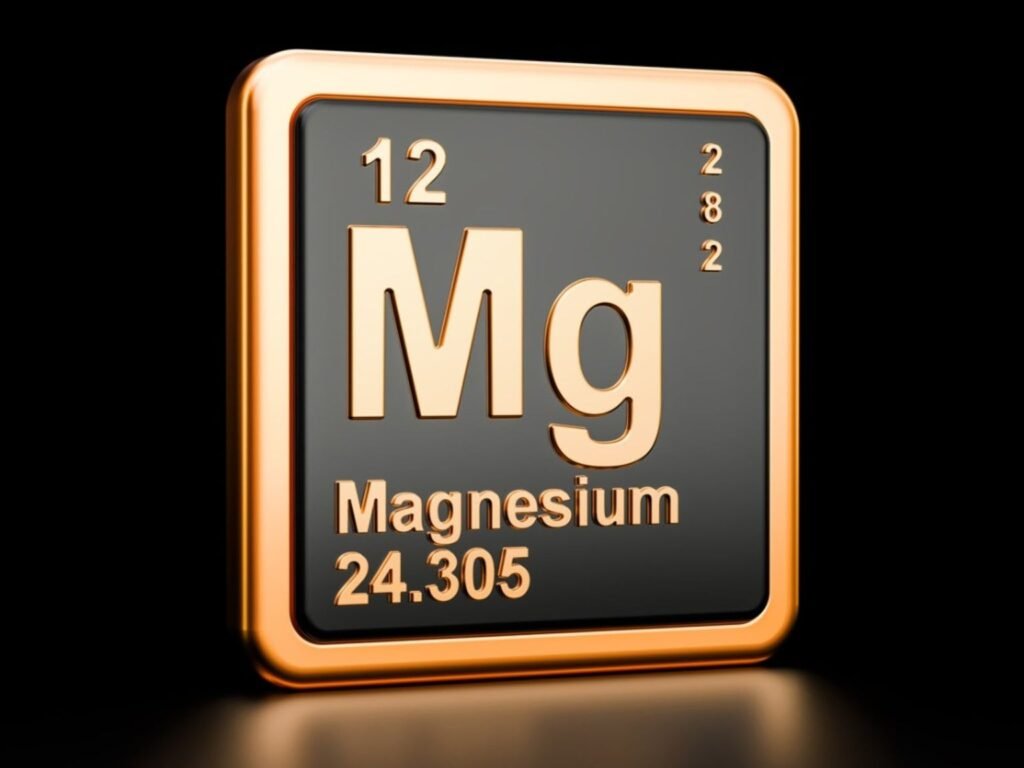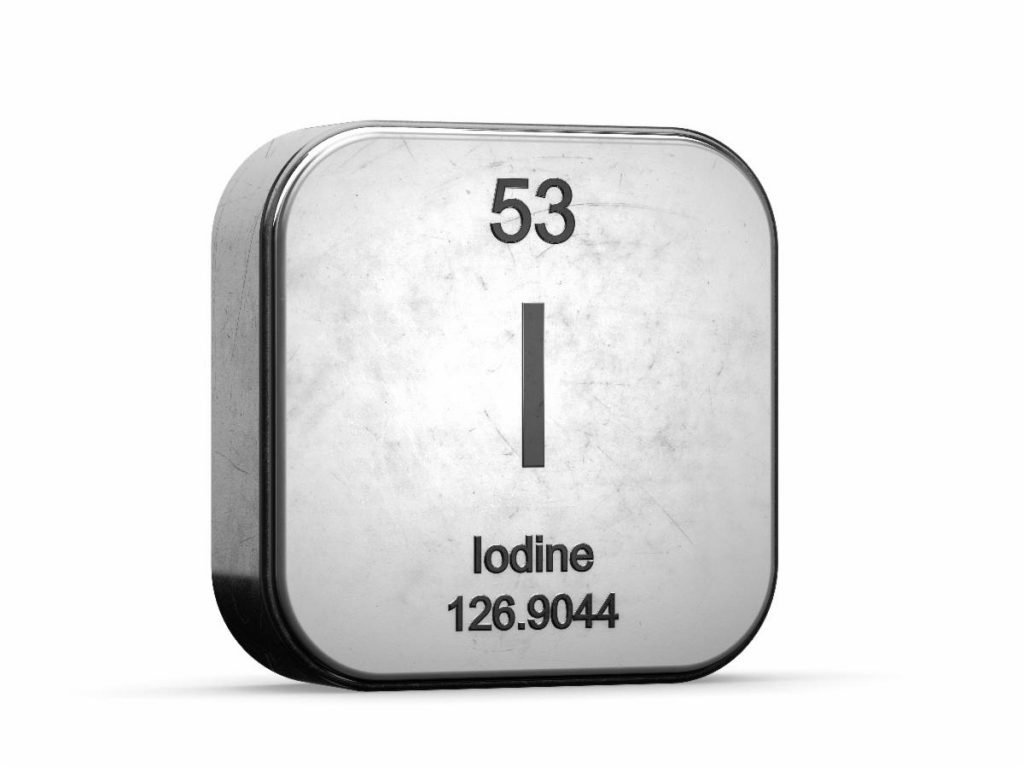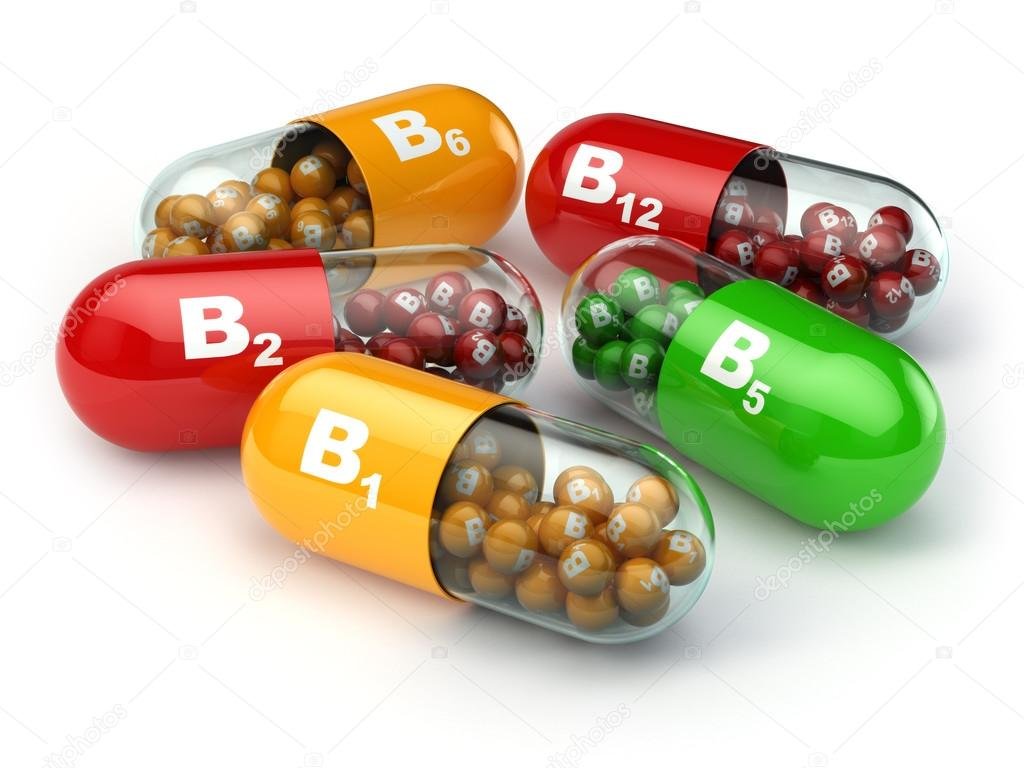Supplements

Magnesium
Many of us are at risk for low magnesium levels, especially those with metabolic syndrome, including diabetes. It is difficult to estimate magnesium levels because blood levels are tightly controlled and most magnesium is found inside cells. Regular blood tests are not accurate. Having normal blood levels of magnesium does not mean that your cells have normal levels. If your blood level is low, then your body is seriously depleted. Fortunately, magnesium is safe and can be taken as a daily supplement.
Magnesium glycinate is an excellent choice because it is highly bioavailable (at about 80%) and does not typically cause intestinal symptoms such as diarrhea. Glycinate is microbiome-friendly, providing a double benefit. I take about 400 mg of magnesium glycinate at night because it helps calm the body and promote sleep. To enhance magnesium absorption through the skin and change body temperature, take a magnesium salt bath just before going to sleep.
Vitamin D3
The recommended amount of vitamin D3 is just enough to prevent deficiency but not enough to promote optimal health. Recent studies have revealed two significant findings. First, a significant portion of the population is deficient in vitamin D3, defined as having levels below 20 ng/mL. Second, researchers found that people with slightly higher levels of vitamin D3 (about 34 ng/mL) experienced significant health benefits compared to those with lower levels. These benefits include decreased infection rates, improved autoimmune disease symptoms, and reduced cancer mortality. Every resource I’ve read recommends significantly higher levels of vitamin D3 than traditional guidelines do. Levels above 70 ng/mL are likely the lower limit for good health. Levels between 100 and 150 ng/mL are optimal for overall health and a healthy gut microbiome. Depression and anxiety improve with adequate vitamin D3 levels. Many medical practitioners are not up to speed on vitamin D levels. Aim for over 100 ng/mL.
To achieve this level, take at least 5,000 IU per day and have your levels checked. There is scientific support for taking up to 10,000 IU per day for potential anti-cancer benefits. Don’t be afraid to take vitamin D3. Your vitamin D3 level is your best defense against getting sick from a virus, and it affects nearly every aspect of your health. I personally take 10,000 IU per day to maintain a level above 100 ng/mL. Currently, my level is 138 ng/mL.


Omega 3 and DHA
Unless you eat sardines daily, your omega-3-to-omega-6 ratio is likely suboptimal. Taking a high-quality DHA omega-3 supplement is a good way to increase your omega-3 levels. However, it’s important to reduce your omega-6 intake from unhealthy foods as well. Supplements can complement a healthy diet. However, supplements cannot negate the effects of a poor diet. The best source of DHA is fish, but there are also algae-based formulations available for vegans.
Iodine
It’s hard to believe, but iodine deficiency is making a comeback in the United States. The “pink salt” trend has taken over, and people aren’t using iodized salt as much anymore. I use iodized sea salt for cooking, and you can find it in my webstore. Taking an iodine supplement is also a good idea. Sea kelp-derived supplements are a good source. Look for a daily supplement containing 300 to 400 micrograms (mcg).


Vitamin C
Unlike other animals, humans cannot produce vitamin C on their own and must obtain it through their diet. Although there are many food sources of vitamin C, including fruits, we don’t want to consume excessive amounts of fructose. An easy way to ensure you’re getting enough vitamin C is to take a supplement. Taking a 1,000-milligram supplement twice a day is reasonable. Alternatively, consider a sustained-release version because our bodies cannot store vitamin C.
Some believe that smokers benefit from vitamin C because it helps process nicotine. However, don’t assume that vitamin C can counteract the effects of smoking. If you smoke, you should definitely take a vitamin C supplement.
B6 and B12
Many adults lose the ability to convert, or methylate, B vitamins. Taking a supplement may not help if it isn’t in the correct form. Additionally, too much vitamin B6 can be toxic. For this reason, please discuss testing and supplements with your doctor. If testing reveals an inability to methylate, you may need a methylated form of B vitamins. This should be managed with your doctor. You can find a methylated B vitamin complex online. Regardless of your genes, you can take a methylated B vitamin.

